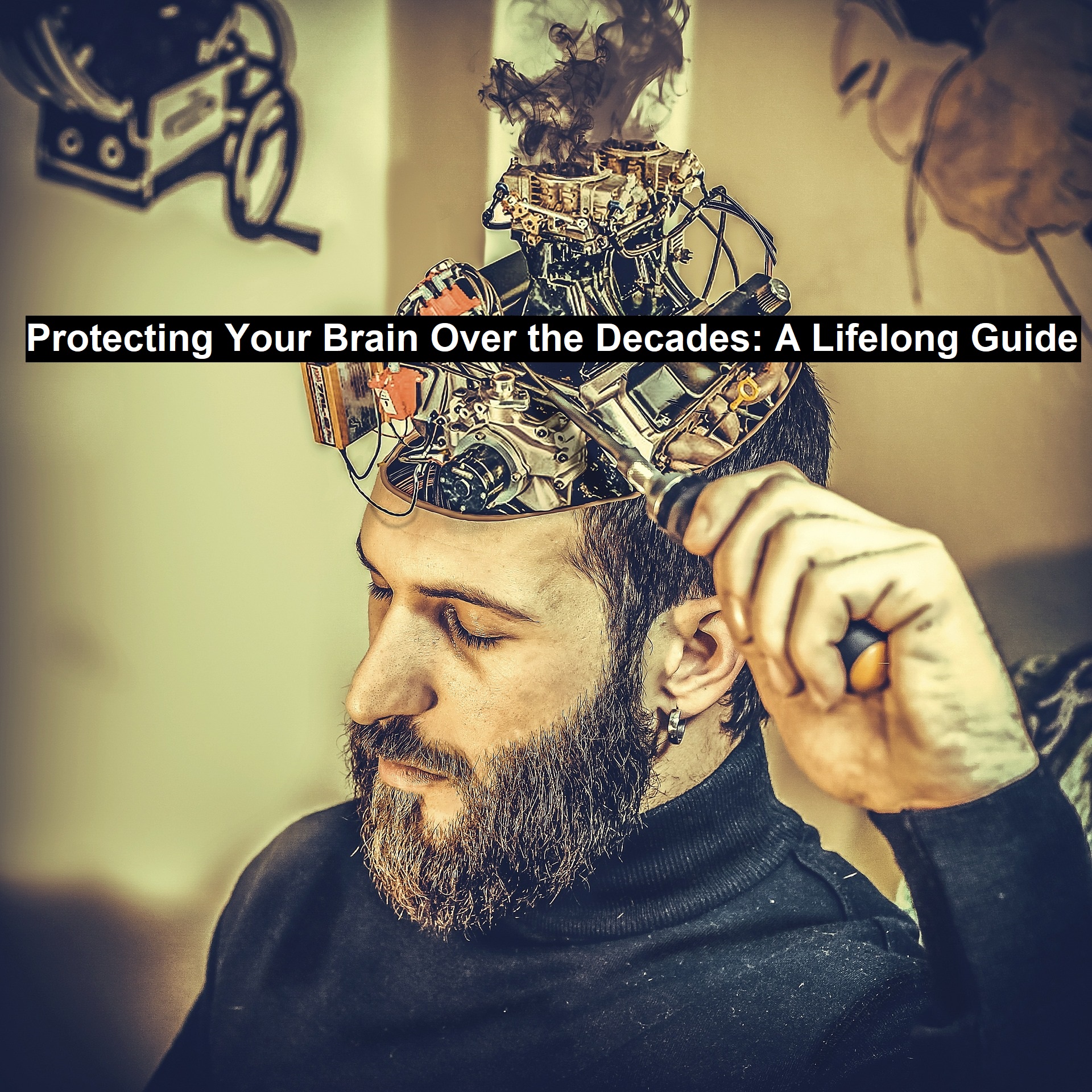Protecting Your Brain Over the Decades: A Lifelong Guide
As we age, keeping our mental sharpness becomes increasingly important. Like our bodies, our brains need care to stay in top shape. Although aging is natural, the right lifestyle choices can help you protect your brain and maintain mental agility. Adopting these healthy habits early can also help fend off cognitive decline and support long-term well-being. Here’s a quick breakdown of how to help protect your brain over your lifespan.
In your 20s and 30s, your brain is adaptable and changing. This is the ideal time to build habits that support long-term mental health. Physical activity is key as exercise promotes new brain cells, boosting memory and learning. Activities like running, swimming or dancing can work wonders.
You should be challenging your mind as well. Learning new skills, solving puzzles or even engaging in strategic games like chess enhances your brain’s flexibility. Taking time to meditate or practice mindfulness can also improve focus and reduce stress. Avoiding excessive screen time is critical, too, as it can strain your eyes and lead to mental fatigue. These efforts now lay the groundwork for sharper thinking later on.
Read: Importance of Hearing Aid Centers Why are They Vital for Hearing Health?
By your 40s and 50s, the focus shifts to preserving and optimizing brain function. Diet plays a major role here. Nutrient-rich foods like leafy greens, fatty fish and healthy fats reduce inflammation and support cognitive health. Simple changes – like adding berries and nuts to your meals – can make a difference. Staying hydrated is key, as dehydration can affect concentration and mood.
Striking a healthy balance is essential, too. While staying mentally active is important, overloading your brain without rest can lead to burnout. Make sure to balance work and relaxation, while also getting enough sleep to keep your brain in top form.
In your 60s and beyond, maintaining cognitive function is even more vital. Regular brain exercises, like memory games or learning new tasks, help slow cognitive decline. Staying socially connected also keeps your mind engaged. You could try joining clubs, attending classes or participating in community activities to keep your social circle active.
Hearing loss can impact cognitive health, so address any signs with hearing aids to reduce brain strain. Being proactive means regular check-ups and cognitive assessments. Early detection of issues allows for timely intervention to maintain your cognitive abilities.
No matter your age, adopting strategies like regular exercise, a balanced diet, stress management and staying socially active can keep your mind sharp. Your brain is always evolving, and with proper care, it can stay resilient for years to come. Taking small, consistent steps now can make a big difference in your cognitive health later.
Protecting-Your-BrainFor additional information centered around how the brain develops as you age, including how functional neurology can impact the brain, please see the accompanying infographic.

